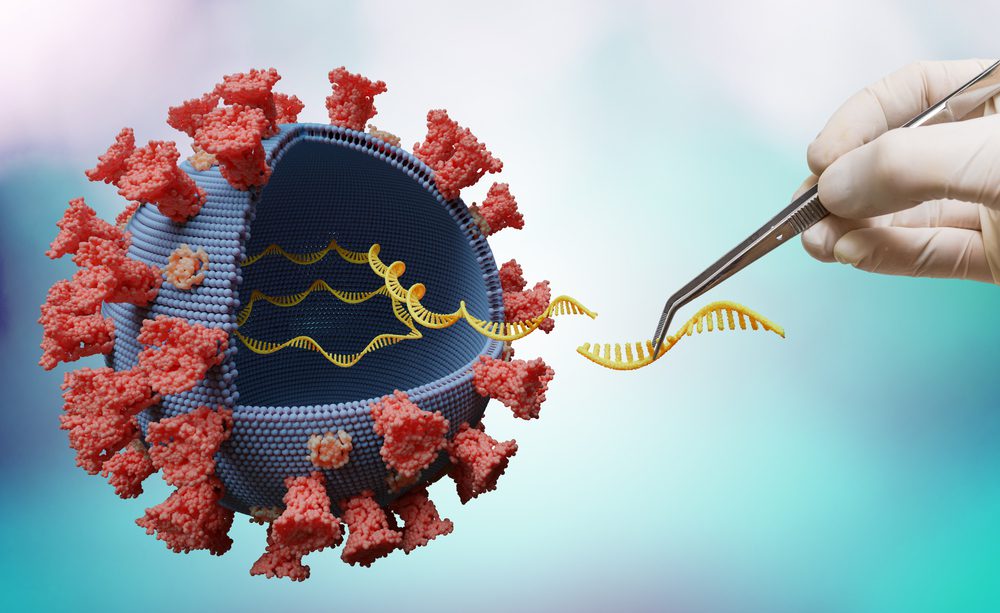Rare diseases are challenging. Not just for those affected, but for researchers, physicians, and drug developers. Rare diseases may affect small populations. Many are poorly understood and lack adequate awareness. Developing drugs for rare diseases requires extensive funding that make the process sometimes exclusionary. On top of that, some drug developers do not want to partake in rare disease drug development given small population sizes. Driven to make a difference in the rare space, the U.S. Food and Drug Administration (FDA) launched its Support for clinical Trials Advancing Rare disease Therapeutics (START) Pilot Program in September 2023. As a notice from the Federal Register explains, the goal of this pilot program is to:
further [accelerate] the pace of development of certain CBER- and CDER-regulated products (novel drug and biological products) that are intended to treat a rare disease. The pilot would augment the currently available formal meetings between FDA and sponsors by addressing issues related to the development of individual products through more rapid, ad-hoc communication mechanisms.
Through these more frequent FDA communications, drug developers will get valuable insights and advice on facilitating drug development and getting the data needed to support Biologics License Applications (BLAs) or New Drug Applications (NDAs). Helen Floersh reports for Fierce Biotech that mRNA-3705, a therapeutic candidate for methylmalonic acidemia, will be developed under this new program.
Developing mRNA-3705
Pharmaceutical and biotechnology company Moderna is developing mRNA-3705. mRNA-3705 is an investigational mRNA therapy. It encodes for MUT. While there are multiple genetic mutations associated with methylmalonic acidemia, MUT mutations account for around 60% of cases. Normally, the MUT gene helps the body create an enzyme called methylmalonyl CoA mutase. This enzyme breaks down cholesterol, amino acids, and lipids (fats). The mutations reduce enzyme production, which prevents the breakdown of fatty acids. As a result, these compounds build up in organs and tissue, leading to significant damage. mRNA-3705 would deliver a functional copy of MUT to the body, allowing it to process these compounds. This investigational therapy has received Rare Pediatric Disease, Orphan Drug, and Fast Track designation from the FDA, highlighting the organization’s recognition of mRNA-3705 as a potentially life-changing therapy.
As part of the START pilot program, the FDA will work with Moderna throughout the drug development process from study design to choosing the right patients to participate in studies. Moving forward, Moderna hopes to expand on the existing Phase 1/2 study on mRNA-3705 and begin diving deeper into the methylmalonic acidemia space.
About Methylmalonic Acidemia
Methylmalonic acidemia is a rare genetic disorder and form of organic acidemia caused by MUT, MMAA, MMAB, MMADHC, or MCEE gene mutations. This condition is characterized by an enzymatic defect in amino acid metabolism, causing high acid levels in the blood and tissues. Symptom onset usually appears within the first few months of life. People with methylmalonic acidemia may show signs of:
- Acidosis (overproduction of acid in the blood)
- Drowsiness and lethargy
- Failure to thrive
- Hypotonia (low muscle tone)
- Vomiting
- Dehydration
- Hepatomegaly (an enlarged liver)
- Low red blood cell, white blood cell, and platelet counts
- Hypoglycemia (low blood sugar)
- Developmental delays
- Respiratory distress
- Seizures
Without treatment, this condition can cause coma or death. Treatment requires following a special diet. Some individuals may also require B-12 supplementation.







